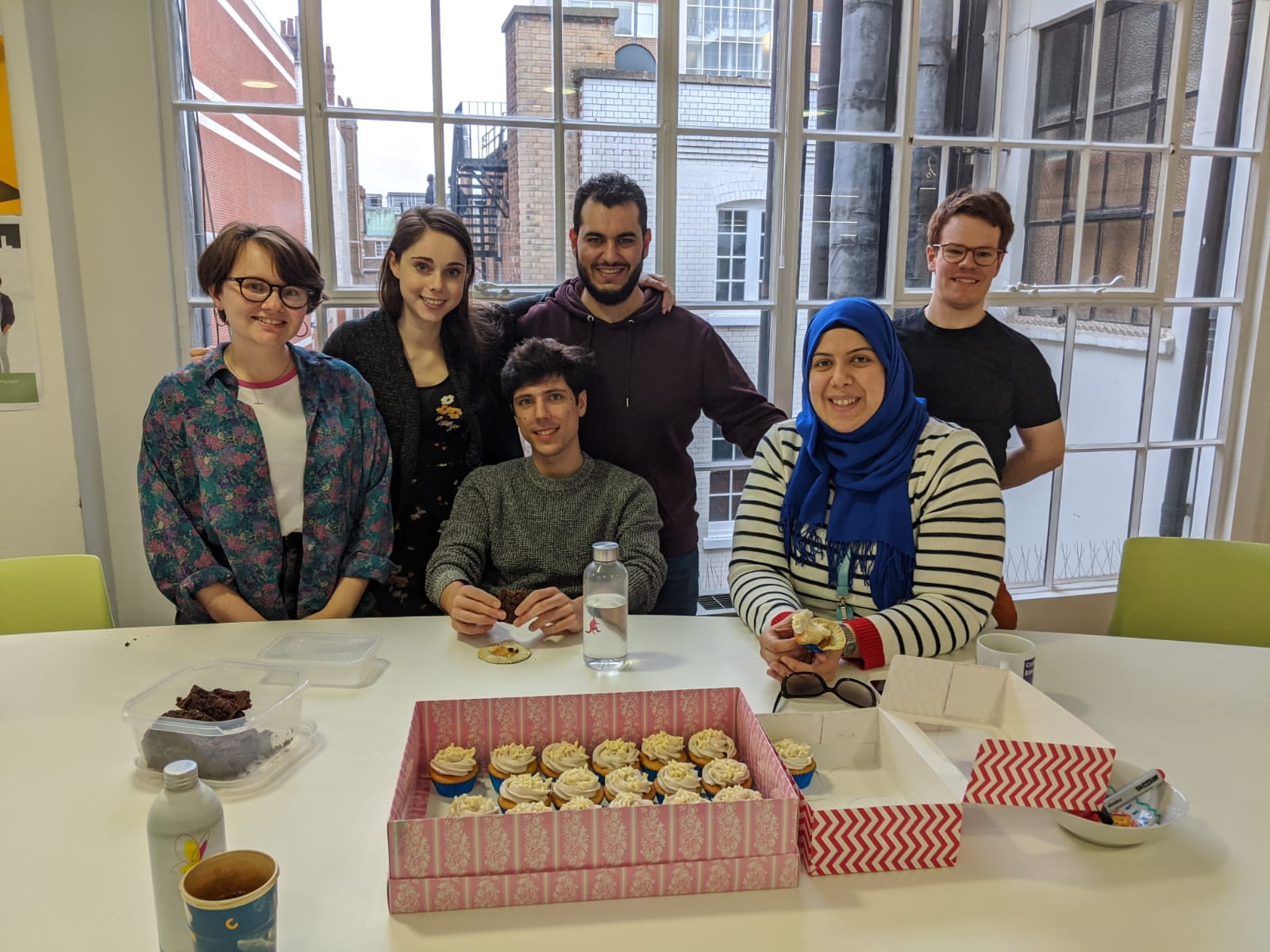Kind scholars, wicked problems: Life in a Centre for Doctoral Training in Cybersecurity
By Niamh F Healy, on 24 September 2020
The Covid-19 pandemic has accelerated our reliance on digital technologies as we have used them to work, to stay in contact with friends and family, and even to tackle the virus itself. The use of these technologies is not without risks however, as shown in the increase in cyber-attacks during the pandemic.
UCL’s Centre for Doctoral Training (CDT) in Cybersecurity is a new initiative set up to train the next generation of thinkers who will tackle these issues of cybersecurity and emerging technology. The Centre is formed across three UCL departments – Computer Science, Security and Crime Science, and Science, Technology, Engineering and Public Policy (STEaPP) – reflecting the program’s cross-disciplinary intentions. The CDT is founded on the acknowledgement that issues of cybersecurity and emerging technologies necessitate thinkers who can navigate disciplinary boundaries, for problems of cybersecurity cannot be neatly contained within one subject box. I am a member of the CDT’s first cohort and have just finished my first year of the four-year programme. It has been a fascinating albeit challenging year!
A major focus in the program’s first year was preparing us to approach cybersecurity as a problem requiring collaboration across disciplines. We attended lectures on diverse topics including computer security; the politics, philosophy, and economics of security and privacy; and analytical methods for policy analysis. In addition, supplementary training in issues like responsible innovation is helping to prepare us for the careful ethical considerations involved in research on emerging technologies. To demonstrate our grasp of cybersecurity as an interdisciplinary area of study, we completed an assignment that explored different aspects of the cybersecurity field. This assignment allowed us to demonstrate our growth as thinkers, drawing upon both our personal specialist expertise and also on the base general knowledge we had developed over the course of our first year.
We also developed our personal research interests throughout the year, culminating in our first-year project. The completed projects demonstrated the incredible breadth of research encompassed in the CDT. Topics ranged from mathematically modelling the spread of misinformation to my own research on the role of the private sector in the politics of digital ‘contact tracing technology’.
A real highlight of first-year was the completion of a systematic literature review on a pressing technical problem within cybersecurity. What was particularly compelling about this project is that we selected the topic of our review from a list of themes proposed by different stakeholders working on cybersecurity in practice. These stakeholders received our final report and will hopefully use our research in their work. To complete this review, I worked with another member of my cohort to identify literature and synthesise existing findings in order to describe and analyse proposed solutions to this problem. The project required both my colleague and I to step outside of our comfort zones and produce a piece of work that was technically accurate and rigorous but also relevant to a policy audience interested in acting on the solutions we described. The experience developed our research and analytical abilities and also taught us the fundamentals of stakeholder management, all key skills needed for successful careers in cybersecurity.
The people of the CDT really make it. Throughout the first-year, the Centre’s directors and manager have been incredibly supportive and flexible, guiding us through the first-year of a new program, even following the inevitable disruptions due to Covid-19. The fantastic UCL academics associated with the Centre are an invaluable resource for our development as scholars. It’s also been wonderful getting to know and learning from my own cohort. We all have different backgrounds, and different paths led us to the CDT. There’s a real sense of community in the Centre, which has continued even as we transitioned to digital working. All in all, I have found my first-year to be a wonderful experience and I’m excited to see what the next three will bring, for myself, my peers and the Centre as a whole.
 Close
Close


